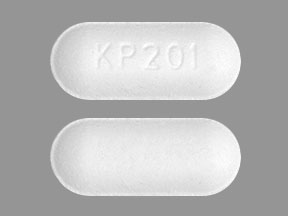
Apadaz Coupons & Savings Card – Discount Prices from $18.99
Brand for: Benzhydrocodone-acetaminophen
My prescription
Edit
6.12-325MG, Benzhydrocodone-acetaminophen (100 Tablets)
Select pharmacy

CVS
$43.88
COUPON PRICE
Walgreens
$18.99
COUPON PRICE
Albertsons
$34.33
COUPON PRICEApadaz savings card
Show this card to your pharmacist
Walgreens
$18.99
BIN
ID
PCN
GRP
019876
LH1DF192CF
CHIPPO
LHX
Powered by
Apadaz (Benzhydrocodone-acetaminophen) dosage forms
Dosage Quantity Price from Per unit 4.08-325MG 100 Tablets $16.91 $0.17 6.12-325MG 100 Tablets $18.99 $0.19 8.16-325MG 100 Tablets $21.06 $0.21
| Dosage | Quantity | Price from | Per unit |
|---|---|---|---|
| 4.08-325MG | 100 Tablets | $16.91 | $0.17 |
| 6.12-325MG | 100 Tablets | $18.99 | $0.19 |
| 8.16-325MG | 100 Tablets | $21.06 | $0.21 |
Is Apadaz discontinued?
Yes, Apadaz has been discontinued.
What is apadaz?
Apadaz is a prescription medication that combines benzhydrocodone, a prodrug of hydrocodone, with acetaminophen. It is used to manage short-term acute pain that is severe enough to require an opioid analgesic and for which alternative treatments are inadequate. As with other opioids, it carries a risk of addiction, abuse, and misuse, which can lead to overdose and death. It should be used under the guidance of a healthcare professional.
Using the SaveHealth discount card, what is the price of Apadaz without insurance?
Using the SaveHealth discount card, the price of Apadaz without insurance is $18.99.
What is the price of Apadaz at CVS?
The price of Apadaz at CVS is $43.88.
What is the price of Apadaz at Walgreens?
The price of Apadaz at Walgreens is $18.99.
